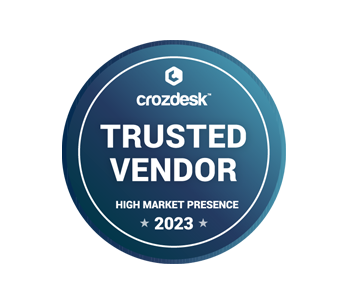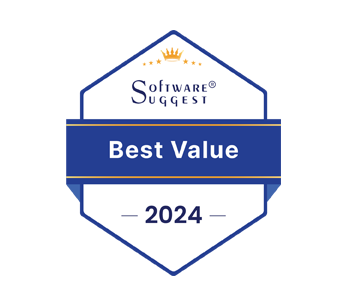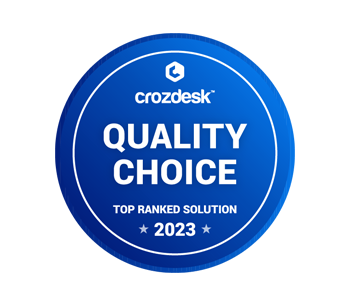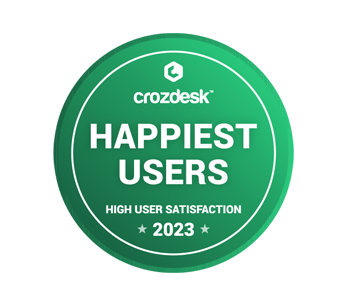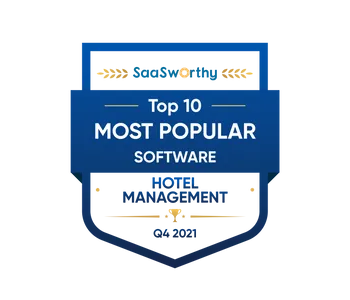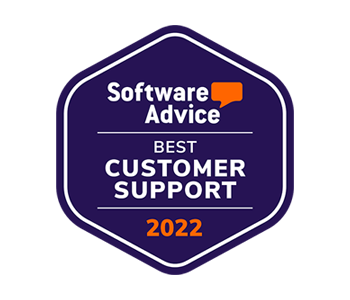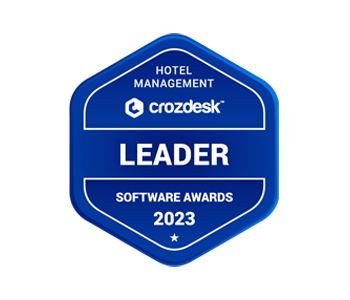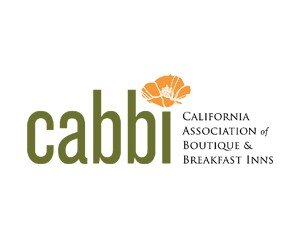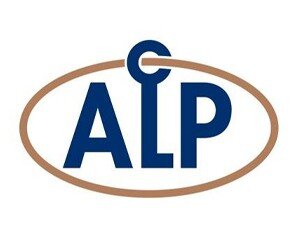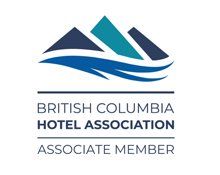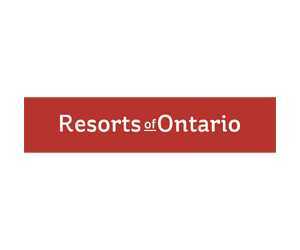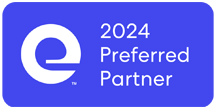In our digital world, online reputation has never been more critical to a hotel’s success. Online reviews and ratings give consumers more confidence in their booking decisions than ever before; in fact, BrightLocal’s latest Local Consumer Review Survey found that 74 percent of consumers say positive reviews make them trust a business more.
Nurturing a positive online reputation is one of the most powerful marketing strategies any business can employ and most hotel operators consider online reviews important to the success of their business. During the peak season rush, however, it can be easy to lose focus on managing online reputation amid increased urgent demands brought on by high occupancy. But it’s during busy times — when service is prone to slip a little — that it is especially important to maintain a grip on what customers are saying about your property online.
For busy hoteliers, here’s our guide to maintaining online reputation at any time of the year.
Manage Guest Expectations
Avoid negative reviews (and time-consuming and potentially costly reputation repair efforts) by managing guest expectations from the outset. Property descriptions and images on your website, OTA listings, Google My Business listing and tourism association listings, etc. should paint an accurate picture of the stay experience you offer; overpromising only leads to disappointed guests and bad reviews.
Assess your property’s existing reviews and guest feedback to identify what guests love about your hotel and what disappoints them — and, if necessary, adjust your narrative accordingly. For example, if guests consistently complain about the size of your guestrooms, ensure that descriptions clearly state that your rooms are small (but cozy!). When your guests know what to expect they are much less likely to be disappointed.
Automate Monitoring
Keeping track of what people are saying about your property in such a boundless space as the Internet can be a time-consuming and inefficient task. Manually checking various review sites, OTA sites and social networking sites on a regular (ideally daily) basis is difficult to fit into a busy hotelier’s hectic schedule.
But this critically important task can be made quick and easy by setting up automated monitoring and reputation management tools to track all mentions of your property across the Internet. Google Alerts (a free service) allows you to set up an alert for any search term (for example, your property’s name), and then informs you whenever new content featuring the search term is published on a webpage. Social media management tools such as Hootsuite (free and paid versions) provide a single platform from which to monitor numerous social media channels for messages and mentions, as well as schedule posts, engage with followers and access analytics. Then there are powerful reputation management solutions like Revinate, which captures and brings together all your online reviews and social media mentions, and provides a single platform from which to manage your social media accounts, as well as access sentiment analytics.
Simple Surprises Delight
With the push toward personalized service across all hotel segments (not just luxury) to keep up with rising guest expectations, properties are striving to surprise and delight guests to increase customer loyalty and generate positive guest feedback on social media and review sites.
Personalizing the guest experience might seem like a complicated undertaking, but it doesn’t have to be. Modern hotel technology, including property management systems (PMS), customer relationship management (CRM) software and guest engagement solutions, makes it easy to track and use guest data to identify high-value guests and to personalize every guest’s stay with automated tools, from reservation pop-up notes to automated communications and request tracking.
Surprising and delighting guests doesn’t have to be expensive either. Think of simple gestures your property can implement to make guests feel valued. From handwritten welcome notes or welcome cookies placed in guestrooms, to free room upgrades or late check-out when possible, giving guests a little extra can go a long way with earning their loyalty and advocacy.
Automate Requests for Feedback
Every guest should be given the opportunity to provide feedback about their experience during and after their stay. Even negative comments are valuable to any property when they are warranted and highlight areas that can be improved.
While it’s important to check on guest satisfaction personally during a guest’s stay, the opportunity might not always present itself, for example, if a guest is away from the property for much of the time. Consider in-room tent cards encouraging the guest to let you know if anything can be done to improve their stay. Automated guest engagement solutions can help staff check in with in-house guests via messaging, and track and manage requests and complaints.
According to BrightLocal research, 50 percent of consumers will leave an online review if asked. A couple of days after a guest checks out they should be sent a post-stay email thanking them for staying and inviting them to leave a review online if they enjoyed their stay (providing a direct link from the email helps). Property management systems like WebRezPro allow you to set up automated customized emails or integrate with CRM solutions to streamline guest communications. PMS integrations with online reputation management systems automate the process of emailing guests post-stay surveys that can be published directly to TripAdvisor and Google at the property’s discretion.
Respond to Feedback
Apparently 87 percent of TripAdvisor users say that an appropriate management response to a negative review improves their impression of a property. Done right, management responses have the power to recover disappointed guests and your property’s reputation.
Genuine responses to reviews do take time (canned responses should be avoided) but it’s a critical part of online reputation management. Developing set guidelines on how to handle negative reviews — like Revinate’s Positive “Sandwich” Formula — can help focus and streamline this process.
While your property should aim to respond to all negative reviews (and in a timely manner), it’s not necessary to respond to all positive reviews. In fact, recent research from Cornell University implies that responding to more than 40 percent of reviews (repeating simple thank yous for positive reviews) has a detrimental effect — likely annoying review readers by distracting from the reviews themselves.
Analyze and Act on Feedback
Analyzing reviews and complaints for actionable opportunities for improvement — and implementing those improvements — are also time-consuming but necessary steps in reputation management. Online reputation management solutions like Revinate, however, can make this process much more efficient through sentiment analysis tools that analyze reviews and social media mentions to uncover specific areas of operation that need attention.
Actions speak louder than words. Nothing shows customers that you are listening to them and that you care about their experience more than acting on feedback by making operational improvements where warranted.
Maintaining a positive online reputation is key to a property’s success in our digital age. It’s so important not to drop the ball, especially during busy times. Managing guest expectations from the outset, implementing procedures for dealing with complaints and negative reviews, and utilizing modern software to automate processes — such as monitoring online mentions, service personalization, post-stay surveys and analytics — all helps to streamline this critical task on a daily basis, continuously strengthening your online reputation and bringing in more bookings.









